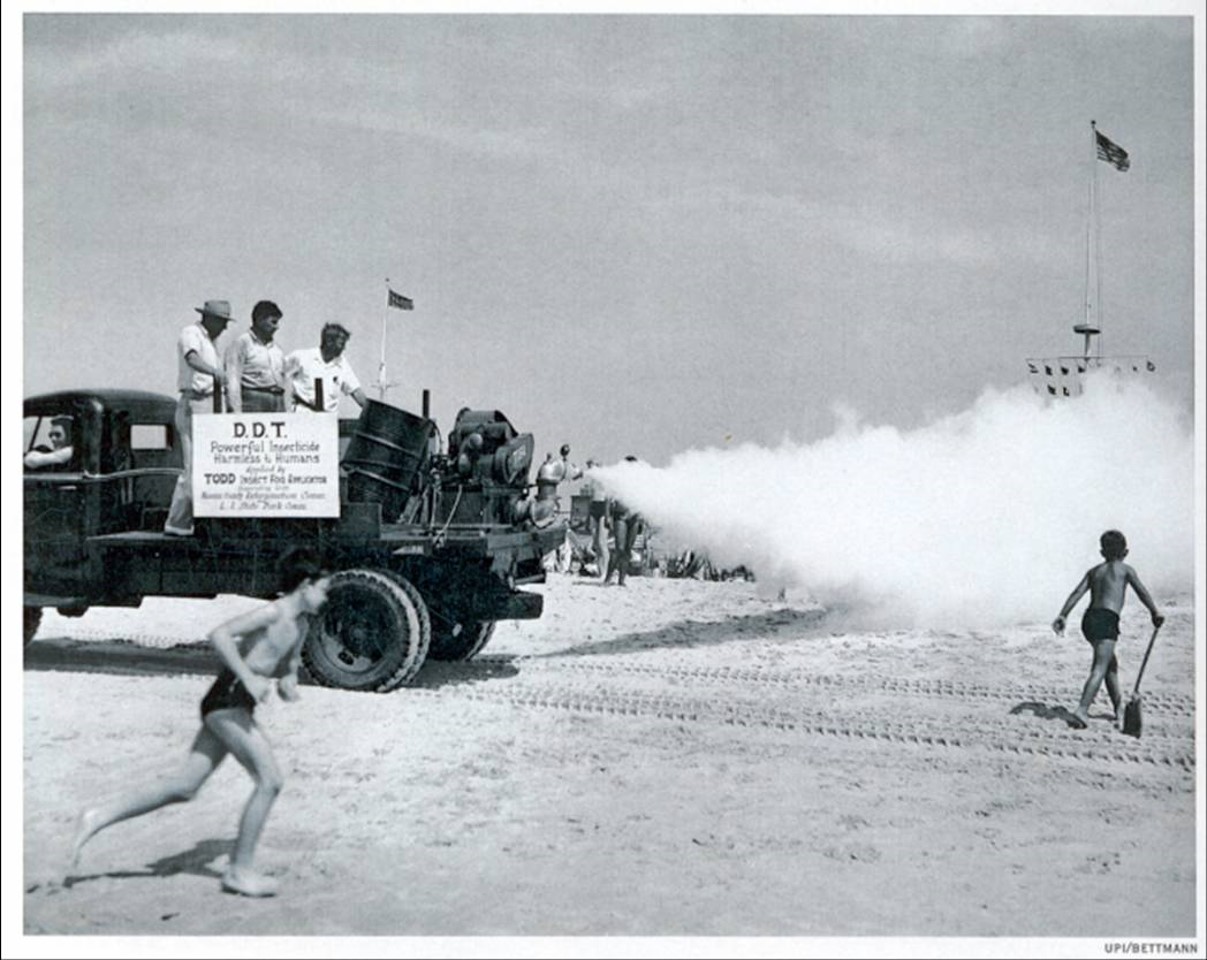True Religion Brand: A Comprehensive Analysis of Its Quality and Value
True religion brand: an in depth look at the premium denim label
True religion emerge as a prominent player in the premium denim market when it was found in 2002 by Jeffrey label. The brand speedily gains recognition for its distinctive horseshoe stitch on the back pockets, bold seams, and premium quality materials. But with price points frequently exceed $200 for a single pair of jeans, many consumers wonder: is true religion really a good brand worth the investment?
The history and evolution of true religion
True religion begin with a vision to create premium denim that stand obscure from mass market offerings. Found in Los Angeles, California, the brand capitalizes on thegrowthw demand for luxury denim in the early 2000Lu bellell, who serve as the company’s chairman and chief executive officer until 2013, aim to create jeans that combine vintage aesthetics with modern fits.
The brand reach its peak popularity during the mid 2000s to early 2010s, become a status symbol embrace by celebrities, musicians, and fashion enthusiasts. Notwithstanding, true religion has faced significant challenges in recent years, include file for bankruptcy protection double – erstwhile in 2017 and again in 2020. These financial struggles have lead to questions about the brand’s relevance and quality in today’s fashion landscape.
Signature design elements and craftsmanship
True religion’s identity is build around several distinctive design elements:
Horseshoe stitch
Mayhap the virtually recognizable feature of true religion jeans is the horseshoe stitch on the back pockets. This signature detail has become synonymous with the brand, allow for instant recognition.
Sheer, thick seams
The brand’s jeans typically feature exaggerated, contrast stitch that create a distinctive look. This is peculiarly prominent on the unseams and pocket details.
Buddha logo
The smile Buddha logo represent the brand’s philosophy of find true happiness and peace – a pretty ironic symbol for a premium fashion label.
Premium materials
True religion claim to use high quality denim fabrics, ofttimes with a percentage of elastane or spandex for comfort and stretch. The brand has historically sourced materials from various countries, includeJapann and theUnited Statess.
Quality assessment: do true religion products deliver?
When evaluate true religion as a brand, quality considerations must be at the forefront. Afterward totally, the premium price point create certain expectations among consumers.
Denim quality
True religion jeans are typically made from medium to heavyweight denim (unremarkably between 10 14 oz ) which contribute to their durability. The fabric oftentimes incorporate stretch materials for comfort while maintain structure. The quality of the denim itself is broadly coconsideredood, though opinions vary on whether it justify the premium pricing.
Construction and durability
The construction of true religion jeans includes reinforce stitch at stress points, which enhance durability. Many long term wearers report that their jeans hold up substantially over time, with the distinctive stitch remain intact despite regular wear. Notwithstanding, some critics note that the quality can be inconsistent, peculiarly with products manufacture in certain facilities.
Fit and comfort
True religion offer various fits, from slim to relaxed, cater to different body types and style preferences. The incorporation of stretch materials enhance comfort, allow for ease of movement despite the comparatively sturdy denim. The brand’s jeans typically require a break in period, after which they conform to the wearer’s body.
Style evolution and market position
True religion’s aesthetic has evolved over time, though it’s mostlymaintainedn its distinctive design elements. The brand’s style cbe characterizedize as bold and statement making, which have both advantages and drawbacks in terms of market positioning.
From trend to classic
During its heyday, true religion represent the pinnacle of premium denim fashion. The conspicuous branding and distinctive stitching make the jeans instantaneously recognizable, contribute to their popularity among status conscious consumers. Nevertheless, as fashion has shift toward more subtle branding and minimalist aesthetics, true religion’s bold style has sometimes been view as date.
Target demographic
True religion initially target fashion forward adults willing to invest in premium denim. Over time, the brand expands its appeal to younger consumers and diversify its product offerings beyond jeans to include t shirts, outerwear, accessories, and fragrances. This expansion has have mixed results in terms of maintain the brand’s premium positioning.
Cultural impact
The brand has had significant cultural impact, peculiarly in hip hop and urban fashion. Numerous rap lyrics reference true religion jeans, cement the brand’s place in popular culture. This cultural relevance has help sustain the brand despite change fashion trends.
Price point analysis: value for money?
True religion position itself as a premium brand, with prices reflect this status. Most jean retail between $150 $300, with special collections command regular higher prices. TT-shirtstypically range from $$60$100, while jackets and outerwear can exceed $ $300
Price justification
The brand justify its premium pricing through several factors:
- Quality materials and construction
- Distinctive design elements that require additional craftsmanship
- Brand prestige and recognition
- Limited production run for certain styles
Comparative value
When compare to other premium denim brands like 7 for all mankind, citizens of humanity, or AG jeans, true religion’s pricing is broadly comparable. Notwithstanding, many fashion critics argue that other premium brands offer more subtle styling and potentially better quality for similar prices.
It’s worth note that true religion products are oft available at significant discounts through outlet stores, department store sales, and online retailers. This discounting has slightly dilute the brand’s luxury positioning but has make the products more accessible to a broader audience.
Customer satisfaction and brand perception
Consumer opinions about true religion vary wide, reflect the subjective nature of fashion preferences and value assessment.
Positive feedback
Satisfied customers oftentimes mention:
- Distinctive style that stand out from other denim brands
- Comfortable fit erstwhile break in
- Durability and longevity of the jeans
- Status associate with the recognizable branding
Critical feedback
Common criticisms include:
- High price point not invariably justify by quality
- Inconsistent size across different styles
- Excessively conspicuous branding that can limit versatility
- Perception of the brand equally date or past its prime
Brand perception evolution
True religion’s perception has evolved importantly over time. Erstwhile view as the pinnacle of premium denim, the brand hasexperiencede a decline in prestige follow financial difficulties and change fashion trends. Nevertheless, recent rebranding efforts and collaborations with contemporary designers and artists suggest an attempt to recapture relevance in the current fashion landscape.
Sustainability and ethical considerations
As consumers progressively prioritize sustainability and ethical production, true religion’s practices in these areas deserve scrutiny.
Manufacturing practices
True religion products are manufacture in various countries, include Mexico, china, and the United States. The brand has face criticism for limited transparency regard labor conditions in its manufacturing facilities. Unlike some competitors who have embraced robust corporate social responsibility programs, true religion has not been at the forefront of ethical manufacturing initiatives.
Environmental impact
Denim production is notoriously resource intensive, require significant amounts of water and oftentimes involve harmful chemicals. True religion has make limited public commitments to sustainable practices compare to other premium denim brands that have invested in water save technologies, organic cotton source, and reduce impact dyeing processes.

Source: behance.net
Recent initiatives
Follow its restructuring, true religion has indicated intentions to improve sustainability practices, though specific, measurable commitments remain limited. For environmentally conscious consumers, this lack of clear sustainability initiatives may detract from the brand’s appeal.
True religion compare to competitors
To amply assess true religion’s standing as a brand, it’s helpful to compare it with direct competitors in the premium denim market.
Diesel
Like true religion, diesel offer bold styling and premium pricing. Diesel broadly receive higher marks for innovation and contemporary design evolution, though both brands share a similar aesthetic sensibility that emphasize distinctive details.
7 for all mankind
7 for all mankind tend to offer more understate designs with a focus on fit and fabric quality. While price likewise to true religion, 7fam is much perceived as have a more sophisticated aestheticthant appeal to a somewhat older demographic.
G star raw
G star emphasize architectural design and innovative denim treatments. The brand has make more substantial commitments to sustainability than true religion, which progressively influence consumer purchasing decisions in the premium segment.
Is true religion worth the investment?
Whether true religion represent a good value depend mostly on individual priorities and preferences.
For style focus consumers
If distinctive styling and brand recognition are priorities, true religion deliver with its unmistakable aesthetic. For those who appreciate bold fashion statements and don’t mind conspicuous branding, the investment may be worthwhile.
For quality focus consumers
From a strictly quality perspective, true religion offer good but not exceptional construction. Other brands at similar price points may offer comparable or superior quality with less prominent branding. Wait for sales or shopping at outlet stores can importantly improve the value proposition.
For trend conscious consumers
True religion’s distinctive aesthetic has experience fluctuate relevance in fashion cycles. Presently, the brand occupies a moderately nostalgic position, with periodic resurgences in popularity. Trend focus shoppers might find better options in brands that more speedily adapt to change fashion sensibilities.
The future of true religion
Follow its financial restructuring, true religion has implemented several strategies aim at revitalize the brand:
Digital transformation
The brand has invested in improve ite-commercece experience and digital marketing strategies to connect with younger consumers. Thiincludesde an increase presence on social media platforms and collaborations with digital influencers.

Source: behance.net
Product diversification
While maintain its core denim offerings, true religion has expanded into additional product categories and introduce more subtle designs alongside its classic bold styles. This diversification aim to broaden the brand’s appeal while maintain its distinctive identity.
Strategic collaborations
Partnerships with contemporary designers, artists, and celebrities have help true religion tap into current cultural conversations. These collaborations oftentimes sell out rapidly and generate renew interest in the brand.
Final verdict: is true religion a good brand?
True religion occupy a specific niche in the premium denim market. The brand offer distinctive styling, broadly good quality, and strong cultural recognition. Nonetheless, its bold aesthetic isn’t universally appealing, and the premium pricing require consideration of personal value priorities.
For consumers who appreciate the brand’s distinctive style and are willing to pay for recognizable design elements, true religion can be a worthwhile investment – peculiarly when purchase during sales or through outlet channels. For those seek more subtle premium denim or prioritize cutting edge sustainability practices, other brands might represent better value.
Finally, true religion’s status as a” good brand ” epend on alignment with individual style preferences, budget considerations, and personal values. The brand has dedemonstratedesilience through financial challenges and continue to evolve in response to change market conditions, suggest that despite fluctuations in popularity, true religion maintain a dedicated consumer base that value its distinctive approach to premium denim.



